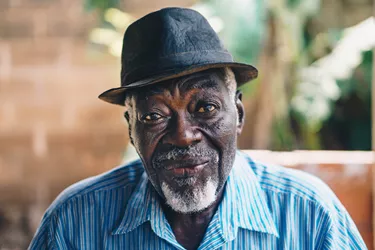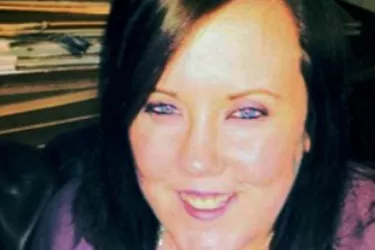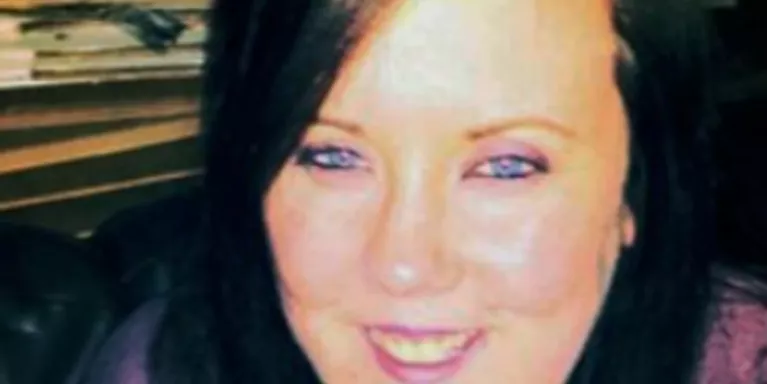Talking about mental health in Asian communities
To the eyes of many I was raised in an upper-middle-class family living in a two-storey home. I was always seen to be the smiling, bubbly young girl keen to help those around her. However, I had a dark secret that I could not understand.
It started when I was about 14. I remember not wanting to live, feeling disconnected from those around me, and a constant pit of emptiness sitting in my stomach. I did try to reach out to someone. Having learned briefly about depression I spoke to two people, both of whom accused me of lying about the darkness that was filling me up. I felt discouraged, unaware of where to turn, and decided that it was best to push on and try to hide how I was feeling.
"Then one day it all came crashing down."
In my third year of university, I was facing an immense amount of pressure to figure out what to do with my life, dealing with family health issues, and becoming engulfed in an emotionally abusive ‘friendship’. I had always done well in university, always placed on the Dean’s list, heavily involved in school council and clubs. Then one day it all came crashing down. I couldn’t motivate myself to get out of bed, I was crying constantly, and was feeling suicidal. Weeks went by and I couldn’t even motivate myself to eat – I lost 30lbs. My grades were slipping and I was failing to address my commitments.
I couldn’t figure out why, then one day I thought about the term ‘depression’ and decided to book an appointment with my GP. Somehow in booking my appointment I found the courage to reach out to my sister, who thoughtfully accompanied me to the appointment and sat with me in the waiting room. The hardest part of that morning was sitting in a cold and bright office and opening up about how I was feeling. I cried the whole time, and by the end I was given a referral to a psychologist on campus (with a three week waiting time) and a bottle of antidepressants.
Shortly after the appointment had ended I told my sister the diagnosis. Then I had to somehow find a way to tell my parents. As a student, I simply could not afford the astronomical costs to afford private therapy, nor could I wait the one month to see an on campus mental health professional covered by the school. I needed help now.
Having a mother born in Taiwan – a culture much different from mine – often made opening up difficult. For her, mental health was a topic that was not openly discussed and when talking about my diagnosis she struggled to grasp that depression goes beyond “just being sad”. Depression was an unfamiliar word in her culture. Unfortunately, at the time, my mum couldn’t understand why my brain was ‘different’ or why I was simply “unhappy”. It was my dad who did the preliminary research into what depression was. My mum approached coworkers and family friends whose children had also struggled with mental illness, which opened her eyes to my struggle.
"I think the most important part to my mental health journey was learning to let go of the fear of shame."
It wasn’t easy to reach out though. Having never talked about mental illness in my household it was tough to hold that first conversation with my parents. I found some comfort in being able to have a phone conversation, as a face-to-face talk would have used too much energy from my depressed and over tired body. I was also lucky to have been given several resources to explore by my GP which helped me to make an action plan which I could share with my parents to get the conversation started. But I think the most important part to my mental health journey was learning to let go of the fear of shame and opening up to my parents and friends in a genuine and straightforward manner. I wasn’t going to get better alone and I needed my family to understand that.
My parents were supportive of my desire to see a professional for my mental health, and though they sometimes still don’t understand my feelings, they let me freely make decisions for myself such as seeing a psychologist. Since my diagnosis four years ago, I have gone on to complete my bachelor’s degree in Health Sciences, completed my MA in Medical Ethics at King’s College London and now find myself in a nursing program. I hope that as a future Registered Nurse I will be able to help not only work in pediatrics but also work specifically with young patients suffering from mental health issues.
"It's infuriating and it's painful. No one wants to listen. No one wants to talk."
To be honest, I'm not sure why mental health issues are frowned upon and shoved under the rug in many Asian cultures. It's infuriating and it's painful. No one wants to listen. No one wants to talk. You don't feel safe bringing it up for fear of stigma and shame. And it's troubling hearing other young Asians repeat similar stories of trying to bring the topic up and being told that it’s just “sadness”. I was fortunate in that my mother aspired to learn more about depression and get involved with initiatives targeting the Asian community living within my city. While my mum initially struggled to understand how her “high functioning” daughter could suffer from a hidden and chronic illness, I count my blessing that this “experience” has brought us closer and has given us a sense of purpose in helping others feel comfortable to share their stories. I hope that together we can continue to raise dialogue within our community and change cultural awareness towards mental illness. At least by talking about these problems people might feel more at ease and more compelled to talk about the problems that they face, no matter their background.
Although my depression still rears its head at times, I have certainly come a long way since being told, “just be happy”. I’m not scared to share my experiences with others anymore. I’ve found that sharing my story has helped others face their feelings, as well as helping me cope. By opening up and sharing my experiences I have made it known that I am a resourceful and safe space for people to come to in time of need.


Information and support
When you’re living with a mental health problem, or supporting someone who is, having access to the right information - about a condition, treatment options, or practical issues - is vital. Visit our information pages to find out more.
Share your story with others
Blogs and stories can show that people with mental health problems are cared about, understood and listened to. We can use it to challenge the status quo and change attitudes.

















